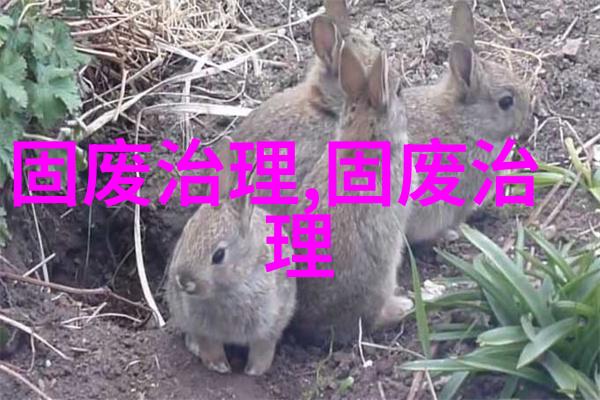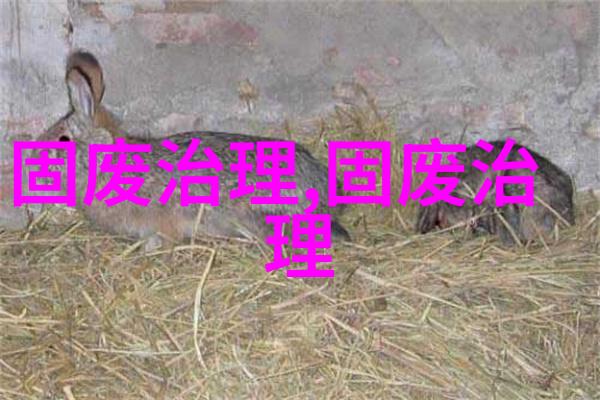地下管网泄漏问题对城市饮用水安全影响及其应对策略
地下管网泄漏问题对城市饮用水安全影响及其应对策略

引言
地下管网系统是现代城市的生命线,它们承担着输送清洁水资源给居民使用的重要任务。然而,由于各种原因,如老化、腐蚀、地质条件差异等,地下管网系统中存在大量泄漏现象,这不仅浪费了宝贵的供水资源,而且可能导致污染物进入饮用水系统,对公众健康构成严重威胁。

泄漏问题概述
地下管网中的泄漏主要包括两类:一类是结构性泄漏,这些通常与长期使用造成的损伤有关;另一类是材料性泄漏,可能由新安装的管道在施工过程中出现缺陷或材料质量问题引起。无论哪种类型,都会导致大量清洁水流失,同时也可能使得未经处理的废水和污染物渗入土壤和表面 水体。

泄漏对环境和公共卫生的影响
首先, Underground pipe leaks can cause significant environmental damage, including soil and groundwater contamination, which can lead to the degradation of local ecosystems and potentially harm wildlife habitats.Secondly, these leaks can also pose a threat to public health by contaminating drinking water sources with pollutants such as bacteria, viruses, and chemicals.

污染源治理:如何有效管理工业废水排放
Industrial wastewater is another major source of pollution that must be addressed in order to ensure the safety of drinking water supplies. Effective management strategies include implementing strict regulations on industrial emissions, upgrading wastewater treatment facilities to meet new standards for effluent quality, and promoting sustainable practices throughout the manufacturing process.

环境友好型建筑设计中的雨water收集系统
Rainwater harvesting systems are an innovative approach to reducing urban runoff and preventing stormwater pollution from entering drainage systems.Instead of allowing rainwater to flow directly into streets or sewers where it may carry pollutants like oil spills or pet waste into rivers and streams; architects should design buildings with rooftop collection systems that store clean rainwater for non-potable uses like irrigation or toilet flushing.
废弃物再利用技术在污水处理中的应用前景
Wastewater treatment technologies have made tremendous progress in recent years thanks largely due to advancements in recycling techniques.The use of treated wastewater (also known as reclaimed water) for irrigation purposes has become increasingly common worldwide.This not only helps conserve potable water resources but also reduces the volume of untreated sewage entering our environment while improving its overall quality.
河流生态修复:通过改善污染后河道的生态系统恢复过程
River restoration projects aim at restoring damaged aquatic ecosystems after years of pollution.A key component involves addressing issues related to sedimentation downstream from factories or construction sites where heavy metals may have accumulated over time.To achieve this goal effectively requires close collaboration between government agencies responsible for regulating polluters together with community groups who advocate for better environmental stewardship practices among citizens living near affected areas.
智能监控系统在提升污水处理效率方面作用分析
Smart monitoring systems offer advanced tools that help optimize wastewater treatment processes by providing real-time data on various parameters such as pH levels chemical concentrations dissolved gases etc..This allows operators at plants across different regions worldwide make informed decisions about adjustments needed during operations thus maximizing efficiency while minimizing costs associated with energy consumption maintenance repairs etc..
9 结语
In conclusion underground pipe leaks present a pressing issue affecting both urban environments' ecological integrity & human well-being by compromising access clean safe drinking water sources Furthermore advances technological innovations & collaborative efforts amongst stakeholders hold promise towards mitigating negative impacts caused by poor infrastructure planning inadequate enforcement policies lack awareness regarding personal responsibility within communities As we continue strive towards creating healthier more sustainable future generations it's essential address these challenges head-on through education advocacy policy change research development combined forces working toward protecting vital resources we all rely upon daily